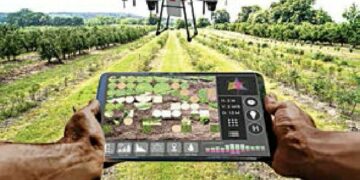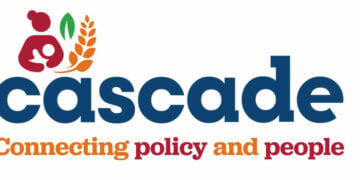The federal government has launched the ABIS Livestock Academy, a strategic platform for knowledge transfer and technical training in Nigeria’s livestock sector. This initiative is part of a broader plan to modernise the industry and strengthen global competitiveness.
The minister of Livestock Development, Idi Mukhtar Maiha, speaking at the National Livestock Transformation Dialogue in Abuja, reaffirmed the government’s commitment to transforming livestock production through innovation, structured value chains, and international collaboration.
“The grazing reserve and the abattoir are two ends of the same vision. On the one hand, we raise animals sustainably; on the other, we process them to world-class standards. Between these two lies a value chain that creates jobs, empowers youth and women, drives growth, and secures Nigeria’s place in the global livestock market,” Maiha said.
He commended ABIS for its investments in modern abattoirs, cold storage, and structured meat distribution and unveiled the ABIS Academy, designed to build the capacity of actors across the value chain.
ABIS chairman Emmanuel Nelson Usman disclosed that the company’s expanding facilities will generate more than 36,000 jobs nationwide, improve food security, promote sustainability through biogas use, and boost Nigeria’s export competitiveness.
Also speaking, the managing director of the Nigerian Incentive-Based Risk Sharing System for Agricultural Lending (NIRSAL), Sa’ad Hamidu, noted that in 2025 alone, NIRSAL trained over 490 livestock actors nationwide and facilitated over N270 billion in loans and investments for the sector.
In a related development, Minister Maiha received the Belgian Ambassador to Nigeria, Pieter Leenknegt, who announced an upcoming Belgian trade mission in November to deepen cooperation in agriculture, food systems, cold-chain logistics, and artificial intelligence for livestock identification and traceability.
Responding, the minister highlighted Nigeria’s livestock market, valued at over $33 trillion with more than 200 million ruminants, and stressed opportunities for collaboration in genetics, vaccines, pharmaceuticals, feed and fodder, and advanced technologies.
He welcomed Belgian expertise in cattle genetics, vaccines, and AI-driven livestock tagging for productivity, collateralisation, and data-driven livestock management.





